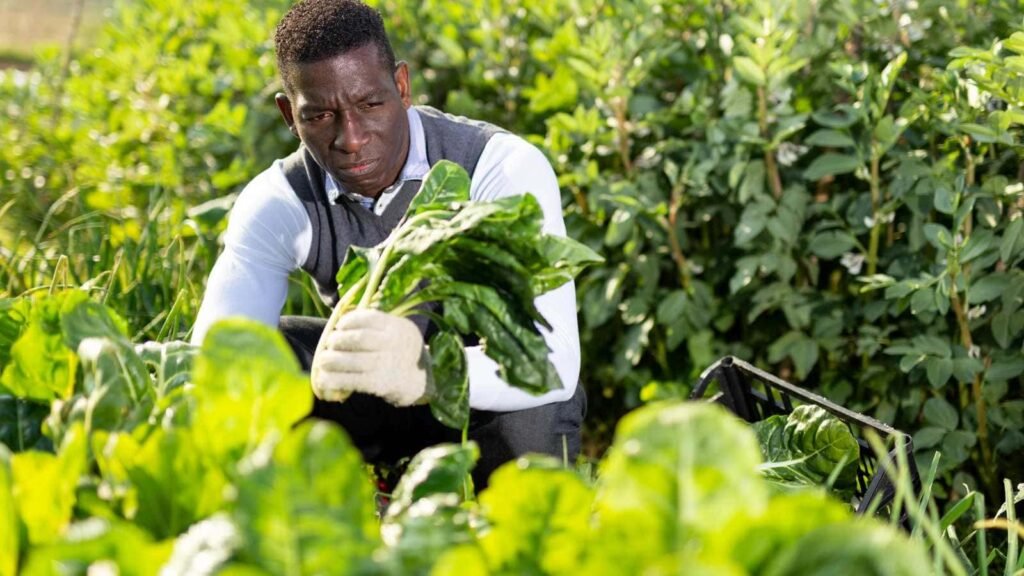Here’s a Gardening for Mental Health blog for you. Gardening is not just a way to grow beautiful flowers or delicious vegetables; it also offers numerous mental health benefits. Engaging with nature through gardening can reduce stress, improve mood, and provide a sense of accomplishment. Here are some ways gardening can positively impact mental health and tips for incorporating it into your routine.
Mental Health Benefits of Gardening
Stress Reduction
- Nature Connection: Being outdoors and connecting with nature helps reduce cortisol levels, the hormone associated with stress.
- Mindfulness: Gardening encourages mindfulness, focusing on the present moment and the task at hand, which can help alleviate anxiety.

Improved Mood
- Physical Activity: The physical activity involved in gardening releases endorphins, which are natural mood boosters.
- Sunlight Exposure: Exposure to natural light increases serotonin levels, enhancing mood and promoting better sleep.
Sense of Accomplishment
- Goal Setting: Gardening involves setting and achieving goals, from planting seeds to harvesting crops, providing a sense of purpose and achievement.
- Creativity: Designing a garden allows for creative expression, which can be fulfilling and therapeutic.
Social Interaction
- Community Gardens: Participating in community gardens fosters social connections, reducing feelings of isolation and loneliness.
- Shared Interests: Gardening clubs or groups provide opportunities to meet people with similar interests, creating a supportive social network.
Cognitive Benefits
- Learning and Skill Development: Gardening involves continuous learning and problem-solving, keeping the mind active and engaged.
- Memory Enhancement: Engaging in repetitive and purposeful activities like gardening can improve memory and cognitive function, especially in older adults.

Tips for Incorporating Gardening into Your Routine
- Start Small
- Container Gardening: If you’re new to gardening or have limited space, start with container gardening. Use pots or planters to grow herbs, flowers, or small vegetables.
- Herb Garden: Planting a small herb garden on a windowsill or balcony is an easy and rewarding way to begin.
- Create a Relaxing Space
- Garden Design: Design your garden to include comfortable seating, water features, or pathways to create a serene environment.
- Sensory Garden: Include plants with different textures, colors, and scents to engage your senses and enhance relaxation.
- Set Realistic Goals
- Plan: Set achievable goals based on your time and energy levels. Start with easy-to-grow plants and gradually expand your garden.
- Enjoy the Process: Focus on the joy of gardening rather than the end results. Celebrate small successes along the way.
- Make It a Routine
- Schedule Time: Dedicate regular time to gardening, whether it’s daily, weekly, or monthly. Consistency helps build a routine and maximizes the mental health benefits.
- Involve Family or Friends: Gardening can be a great way to spend quality time with loved ones. Involve family members or friends to make it a social activity.
- Learn and Explore
- Educate Yourself: Take the time to learn about different plants, gardening techniques, and seasonal gardening tips. This keeps the activity interesting and mentally stimulating.
- Experiment: Don’t be afraid to try new plants or gardening methods. Experimenting can be fun and rewarding.

Conclusion
Gardening is a powerful tool for enhancing mental health and well-being. Whether you have a spacious yard or a small balcony, you can experience the therapeutic benefits of gardening. By starting small, creating a relaxing space, setting realistic goals, and making it a routine, you can cultivate not only a beautiful garden but also a healthier mind.


